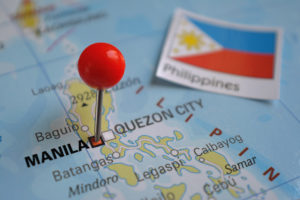63% of Sydney gaming machine losses occur in western region

A Western Sydney University describes gambling-related harm as a “silent epidemic.”
Australia.- The Western Sydney University has released a research paper titled Paying the Price: gambling-related-harm in Western Sydney. Describing gambling-related harm as a “silent epidemic,” the paper research concludes that Western Sydney accounts for 63 per cent of electronic gaming machine losses in the region.
That figure is disproportional because Western Sydney has 52 per cent of Sydney’s population, the paper says. It indicated that the highest daily electronic gaming machine losses were in Canterbury-Bankstown (AU$1.8m), followed by Fairfield (AU$1.7m) and Cumberland (AU$1.2m). The lowest were in Canada Bay, Hunters Hill and Lane Cove (AU$210,000) and Mosman and North Sydney (AU$170,000).
The report notes that Western Sydney has a higher concentration of gaming machines per person, with one Electronic Gaming Machine (EGM) for every 105 people, compared to one EGM per 113 people in the rest of Sydney.
Tom Nance, the author of the report, said the oversaturation of gaming machines in western Sydney is a significant factor in gambling-related harm. Lakemba MP Jihad Dib has expressed concern about the impact of the cost-of-living crisis on gambling behaviour.
See also: NSW players lost AU$2.1bn on pokies in Q3 2022
NSW PM plans to make all gaming machines cashless within five years
New South Wales premier Dominic Perrottet has announced that all gambling machines in the state will become cashless by 2028 if the coalition government is re-elected in March. The government’s gambling reform plan would also ban political donations from pubs and clubs.
According to the government, the $344m plan is in response to a report by the New South Wales Crime Commission (NSWCC), which found that poker machines across the state were being used to launder “dirty cash.”








